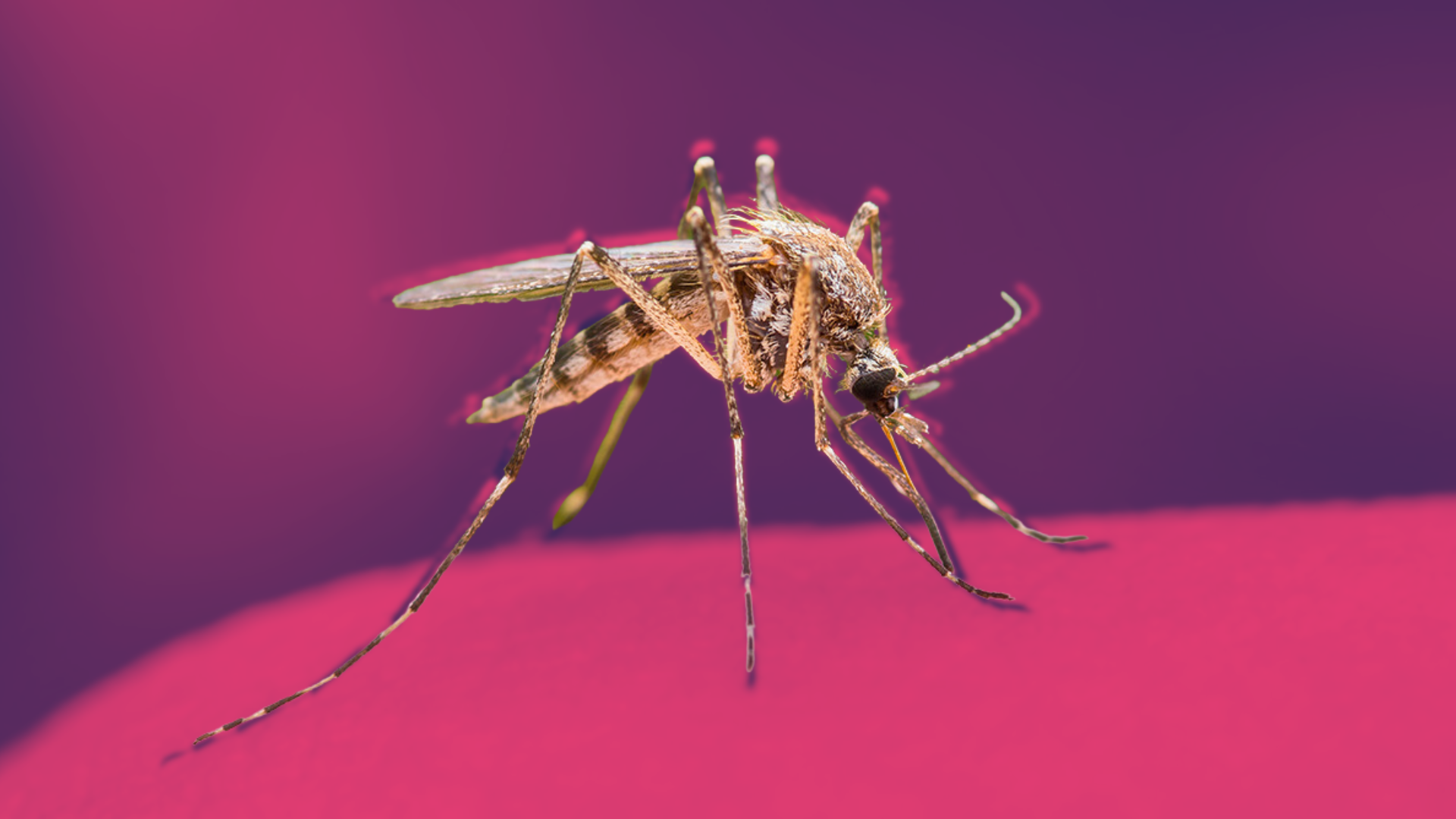Mosquitoes are known to create a menace for the public as they are carriers of major vector-borne diseases like Dengue fever, West Nile Virus, Lyme disease, and malaria. They pose a threat to public health and safety, and we have often endeavored to find a remedy to repel the mosquitoes from ourselves.
Genetically Modified Mosquitos
In a recent fascinating development GMO mosquitoes were unleashed in Djibouti, East Africa, on May 23, 2024, in a bold initiative to combat malaria. The release took place in Ambouli, a bustling suburb nestled within Djibouti City, marking the commencement of a pioneering pilot project spearheaded by Oxitec Ltd, in collaboration with the Djibouti government and Association Mutualis, a prominent non-governmental organization.


The release marks a significant milestone in the ‘Djibouti Friendly Mosquito Programme,’ initiated two years ago to halt the proliferation of Anopheles stephensi, an invasive mosquito species. In 2012, the detection of Anopheles stephensi in Africa triggered concern, with Djibouti recording 27 malaria cases. By 2020, the nation’s malaria burden surged to over 73,000 cases.
The relentless expansion of this highly invasive mosquito, originating from South Asia and the Arabian Peninsula, underscored the urgency of action to combat malaria transmission in Djibouti. The relentless spread of the invasive mosquito has extended its reach to other African countries, with reported cases in Ethiopia and Sudan in 2016, Somalia in 2019, and Nigeria in 2020.
Distinguishing itself from other malaria-carrying mosquitoes prevalent in Africa, Anopheles stephensi thrives in urban settings. This adaptation poses a significant threat to Djibouti, where 70 percent of the population resides in the capital city, placing them at heightened risk of exposure to this malaria vector.
In a pioneering effort to combat these urban invaders, Oxitec, a leading biotechnology company, has devised a revolutionary method that employs mosquitoes to tackle mosquitoes. Through their innovative approach, genetically modified male mosquitoes carrying a specialized gene have been released. This gene hinders the development of female offspring, preventing them from reaching adulthood.
This groundbreaking technique specifically targets female mosquitoes, which play a predominant role in malaria transmission. By diminishing the population of female mosquitoes, scientists aim to significantly curtail the spread of the disease. Male mosquitoes, being non-biting, do not pose a malaria transmission risk. Oxitec’s approach, characterized by its safety, sustainability, and precision, represents a unique and ideally suited biological pest control technology to combat this pressing public health threat.
Fisrt Such Instance
This marks the first instance of genetically engineered mosquitoes being released in East Africa and only the second occurrence on the African continent. Previously, Burkina Faso in West Africa made history with the inaugural release of genetically modified mosquitoes in the village of Bana.




